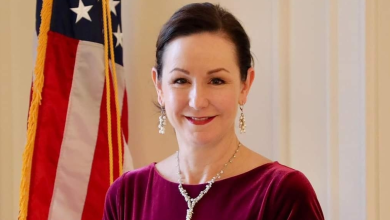UDC Claims Victory in Botswana’s Historic Election as Masisi Concedes Before Final Tally

Gaborone, Botswana — November 1, 2024
In an unprecedented turn of events, President Mokgweetsi Masisi has conceded defeat as Botswana’s ruling Botswana Democratic Party (BDP) suffered a significant loss in parliamentary seats. The opposition coalition Umbrella for Democratic Change (UDC), led by Duma Boko, is expected to secure a majority, potentially ending BDP’s 58-year rule. As of early results, UDC had claimed 28 out of the required 31 seats for a majority, positioning Boko as Botswana’s anticipated next president.
President Masisi announced his concession in a nationally televised statement, acknowledging a “massive” defeat while pledging a smooth transition. This defeat follows Masisi’s fractious term, which saw notable rifts with former President Ian Khama and growing criticisms around governance and policy. Khama, once a BDP ally, shifted his support to opposition groups, which observers believe influenced the election’s outcome.
The historic shift reflects Botswana’s evolving political landscape and rising calls for change among younger voters. With the final counts pending, UDC’s triumph signals a new era for Botswana, where Boko’s leadership will be pivotal in addressing the nation’s socio-economic priorities and fostering a unified government amid the diversity of opposition coalitions.




